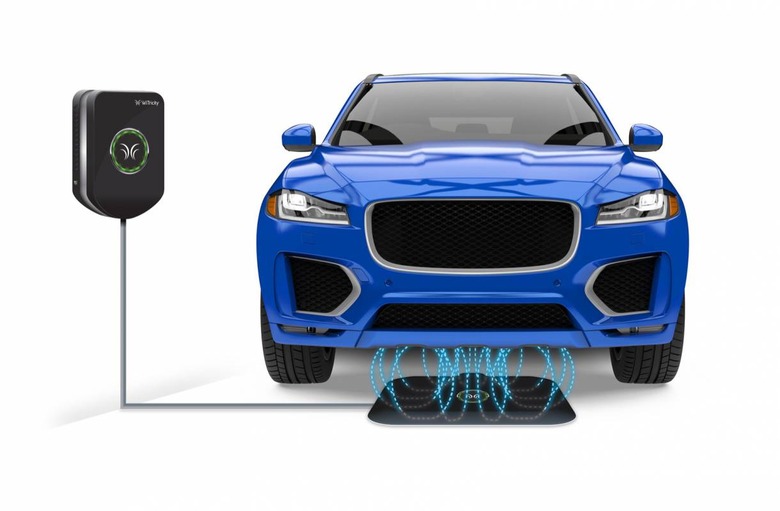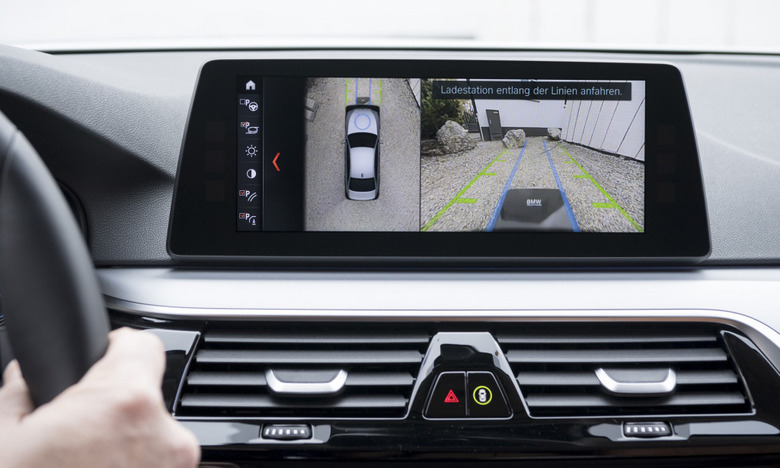WiTricity Bought Qualcomm's Wireless Car Charging Tech To Cut The EV Cord
Wireless car charing could finally be nearing the mainstream, giving EV drivers an alternative to remembering to plug in every time they pull up at home or at work. WiTricity has inked a deal to acquire Qualcomm's Halo technology, the wireless charging system that makes topping up an EV as straightforward as parking on top of a special pad.
It's much akin to wireless phone charging pads, which are increasingly supported among modern smartphones, but on a significantly larger scale. Currently, electric vehicles need to be physically plugged in so as to charge up. WiTricity's technology replaces that with a mat on top of which the vehicle is parked.

That mat contains a magnetic resonance coil, converting power into a strong magnetic field. A counterpart coil built into the so-called device resonator is mounted on the underside of the car. That converts the magnetic field back into power that can be used to top up the vehicle's battery.
The result, WiTricity says, is as great as 93-percent efficiency in the transfer of power. It also supports 11+ kW of charging, less than the high-speed wired chargers we've seen of late, but without the hassle of plugging in. It's the latter which WiTricity is counting on being its wildcard.
Indeed, as autonomous vehicles begin to filter out to the real world, WiTricity is pitching wireless car charging as addressing a big gap in the plan. Driverless cars, typically electric, will need to be charged up periodically. However, without human drivers, there'll need to be an alternative way to get them hooked up.
Qualcomm Halo, meanwhile, was the chip-maker's vision of wireless automotive charging. Launched back in 2012, it made similar promises to WiTricity's system, pitching car companies on the flexibility and convenience of doing away with cords.
As part of the deal, WiTricity will take control of over 1,500 patents and patent applications Qualcomm has filed around the Halo technology. In the process, Qualcomm will become a minority shareholder in WiTricity itself.

It's not the first collaboration between the two, mind. Qualcomm and WiTricity had already been working on a single wireless charging standard, with the aim of having that ratified by standards organizations around the world. The aim – which this acquisition will assist in – is to allow any EV driver with a wireless charging-enabled car to use any standards-compatible pad.
What remains to be seen is how fast the marketplace will catch up. So far we've only seen one EV with wireless charging as a factory option, the BMW 530e hybrid sedan, launched last year. However WiTricity does have licensing agreements inked with a variety of big names, including Toyota, Aptiv, and more. Back in 2017, Nissan announced it planned to add wireless charging support to its EVs, while the year before it was GM confirming it would test WiTricity technology for its future electric vehicles and hybrids.
